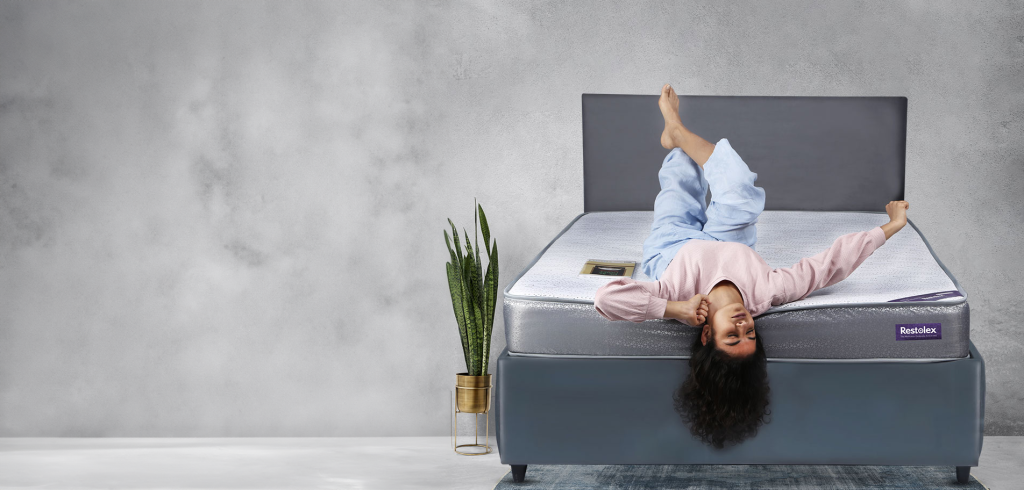Sleep Behavior and Hospital Outcomes in Older Adults: A New Perspective
Sleep is one of the most critical components of overall health, and for older adults, it becomes even more significant. As people age, their sleep patterns often change, and these changes can have profound effects on their health outcomes, particularly during hospital stays. Recent research has shed new light on how sleep behavior affects hospital outcomes in older adults, offering a new perspective on the importance of sleep quality in this vulnerable population.
This blog will explore the connection between sleep behavior and hospital outcomes in older adults, why it matters, and how improving sleep could enhance recovery and long-term health.

Understanding Sleep Patterns in Older Adults
As people age, their sleep architecture changes. Older adults often experience:
- Shorter sleep duration: Difficulty staying asleep for a full seven to eight hours.
- Frequent awakenings: Caused by conditions like chronic pain, medication side effects, or nocturia (frequent nighttime urination).
- Reduced deep sleep: Less time spent in the restorative stages of sleep, which are crucial for recovery.
- Shifted sleep schedule: A tendency to feel sleepy earlier in the evening and wake up earlier in the morning.
These changes, while natural, can become problematic during hospital stays, where environmental factors often exacerbate poor sleep.
How Poor Sleep Affects Hospital Outcomes
Slower Recovery
Sleep is critical for healing and cellular repair. Disrupted or insufficient sleep in hospitalized older adults can delay wound healing, prolong recovery from surgery, and weaken immune function, making infections harder to fight.Increased Risk of Delirium
Hospital-induced delirium, a sudden state of confusion and cognitive decline, is more common in older adults with poor sleep. Noise, unfamiliar settings, and interruptions during the night can trigger this condition.Weakened Immune System
Quality sleep supports immune regulation, helping the body combat illnesses. Sleep deprivation in hospitals can leave older adults more vulnerable to complications such as pneumonia or sepsis.Emotional and Psychological Impact
Sleep deprivation contributes to heightened feelings of stress, anxiety, and depression—conditions that can further hinder recovery and impact quality of life during and after a hospital stay.Reduced Mobility and Increased Fall Risk
Sleep disruptions can impair physical coordination and cognitive alertness, increasing the likelihood of falls—a significant concern for hospitalized older adults.
Strategies to Improve Sleep for Hospitalized Older Adults
Hospitals and caregivers can adopt several practices to improve sleep quality and, consequently, patient outcomes:
Create a Sleep-Conducive Environment
- Reduce noise levels in patient rooms, especially at night.
- Provide eye masks or blackout curtains to block light.
Minimize Nighttime Interruptions
- Schedule vital sign checks, medication administration, and other care activities to minimize disturbances during sleep hours.
Encourage Daytime Activity
- Promote light physical activity or time outdoors during the day to regulate circadian rhythms.
Address Underlying Sleep Disorders
- Screen for sleep apnea or restless leg syndrome and provide appropriate interventions.
Optimize Mattress Comfort
A supportive and comfortable mattress can make a significant difference in sleep quality. Restolex mattresses, designed to reduce pressure points and promote spinal alignment, are ideal for older adults requiring extra care during recovery.Encourage Relaxation Techniques
- Offer relaxation aids like guided meditation, soothing music, or aromatherapy to reduce stress and promote restful sleep.
The Role of Sleep in Post-Hospital Recovery
Sleep continues to be essential even after discharge. Older adults recovering at home should:
- Maintain a consistent sleep schedule.
- Create a relaxing bedtime routine.
- Invest in a high-quality mattress like those offered by Restolex, which provide superior support and comfort to aid long-term recovery.
Conclusion
Sleep is a cornerstone of recovery, particularly for older adults in hospitals. By addressing sleep behavior and creating an environment conducive to rest, hospitals and caregivers can improve health outcomes, shorten recovery times, and enhance the overall well-being of older patients.
Looking to improve your sleep quality at home? Explore Restolex mattresses for unparalleled comfort and support, tailored to your needs. Have questions?Chat with our sleep experts today to find your perfect mattress!
Newsletter Sign Up
Join our community to receive exclusive updates, sleep tips, and special offers directly in your inbox. Stay informed and be the first to know about our latest products and promotions.

Contact Us
- 9/1, Ashokapuram, Industrial Suburb, Yeshwanthpur, Bengaluru-560022, India
-
care@restolex.com
Orders@restolex.com
Support@restolex.com -
+91-8750054466
+91-8123018558
